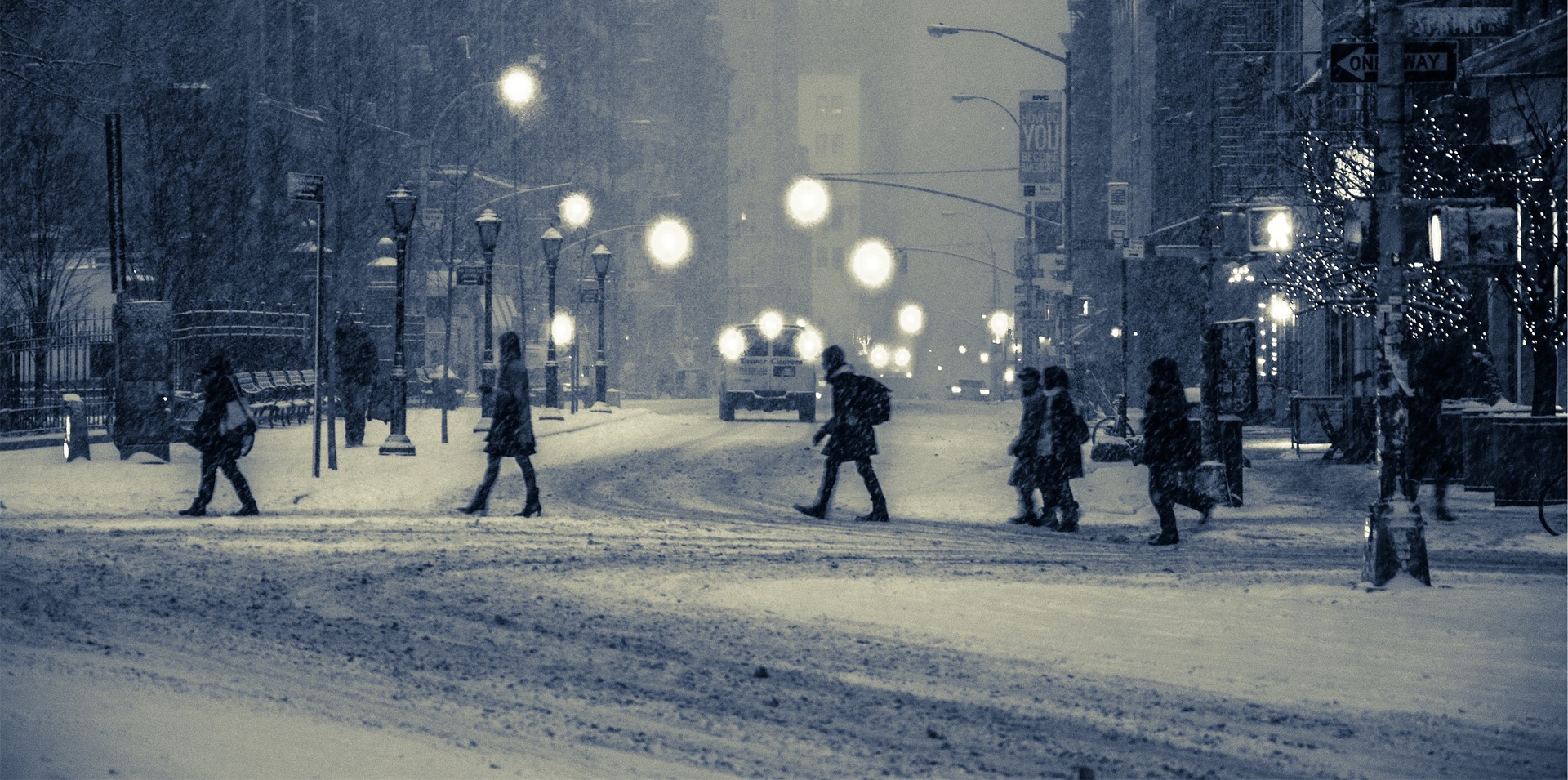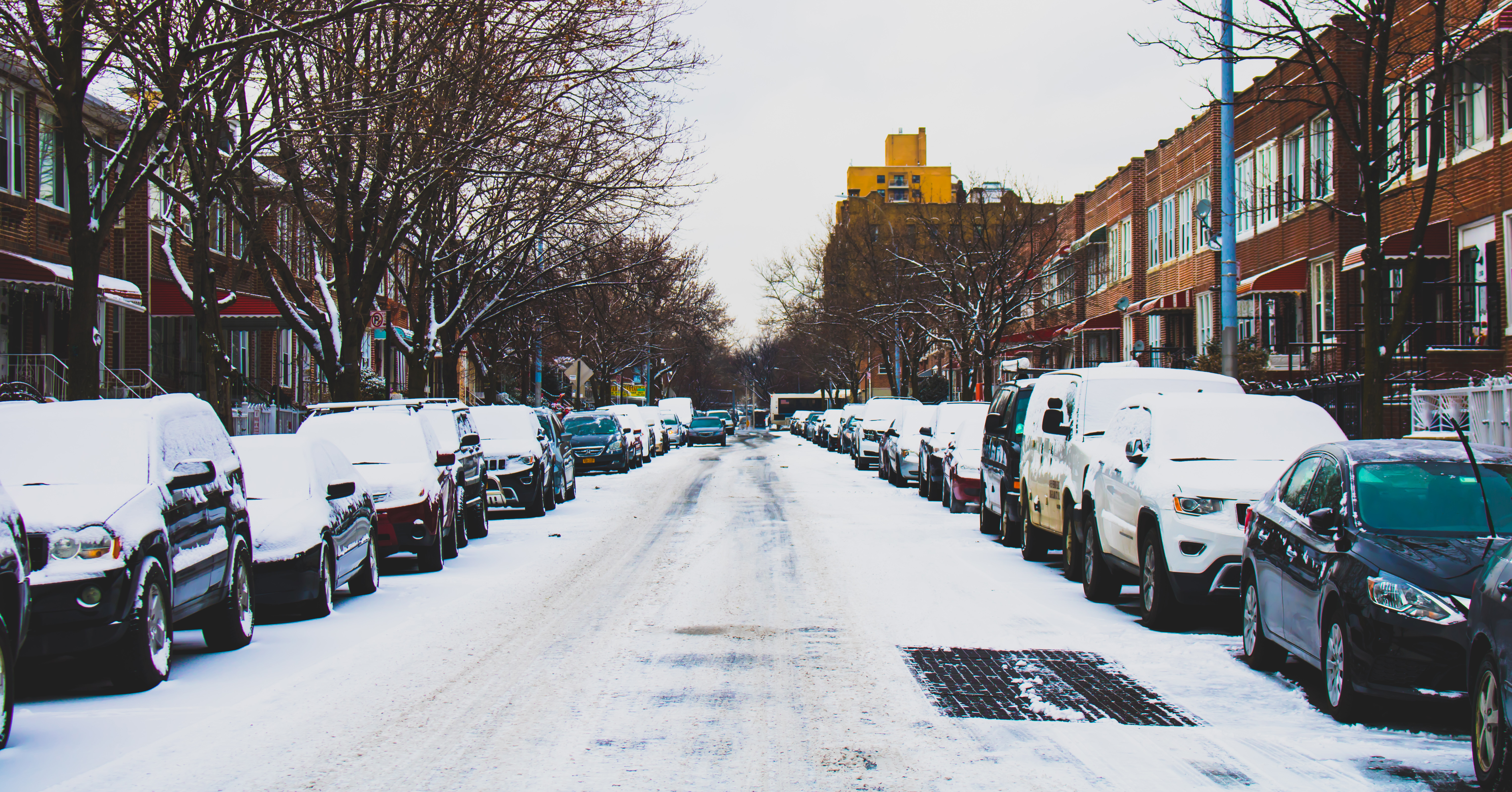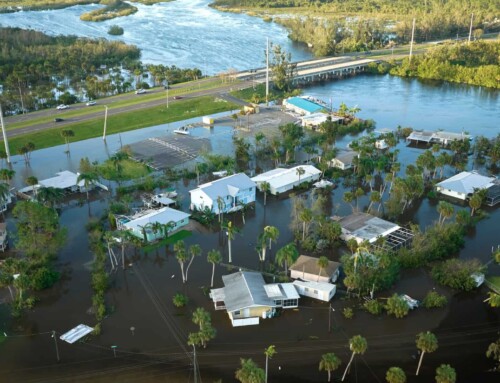 Even as winter is drawing to a close, it is important to stay vigilant about the risks associated with the season. Depending on the region, some cities may see snow as late as April and sleet and ice are even more common. Even in areas where snow is a rarity, it is never too late to prepare for potential inclement weather. The cold months also bear with them an increased chance of the spread of illnesses. With seemingly more winter ahead of us, here are some tips on mitigating these hazards.
Even as winter is drawing to a close, it is important to stay vigilant about the risks associated with the season. Depending on the region, some cities may see snow as late as April and sleet and ice are even more common. Even in areas where snow is a rarity, it is never too late to prepare for potential inclement weather. The cold months also bear with them an increased chance of the spread of illnesses. With seemingly more winter ahead of us, here are some tips on mitigating these hazards.
Preventing Slips and Falls
One of the most dangerous aspects of winter weather are icy and frozen paths. It can be difficult to spot a dangerous patch of ice, especially if you are rushing to escape the cold. It is important to clear snow and ice as quickly as possible after a storm. Insulated and rubber-soled boots will help you find traction in the snow and protect your feet from the elements. You can also minimize your risk of falling by taking shorter steps and keeping your body weight over your feet.
Keep in mind that the danger can extend to the indoors, as well. Pay special attention to entranceways and stairs where rain and snow can be tracked inside.
Winter Driving
The danger of snow and ice doesn’t stop with footpaths, either. From 2011 to 2015, a yearly average of around 800 Americans died in winter-related car accidents according to the National Highway Traffic Safety Administration. Employers should train their fleet drivers on proper winter driving safety. It is important that all vehicles are properly maintained and prepared for driving on snow-covered roads. You can find out more about safe winter driving here: https://www.johnseastern.com/holiday-driving-safety/
If you find yourself stranded, stay in your vehicle unless you can see help within a few hundred feet. Signal that you are in need of assistance by raising your hood. If possible, call someone to alert them of your situation. Stay warm by using any means of extra insulation possible and doing short exercises every half hour. Keep blankets or extra clothes in your car if you often travel through areas prone to snow storms. You should also turn your car on for ten minutes every hour and heat the car up. Keep the exhaust clear to prevent monoxide poisoning and vent the car when possible.
Protecting Against Flu Season
Winter is the most common time for outbreaks of the flu and cold. Because workers spend more time indoors in close quarters, the chance of infection is even greater. Maintaining good hygiene is important to avoiding a pandemic. Here are some steps to help:
- Get vaccinated. Vaccination is the first line of defense against the flu virus.
- If possible, stay home when you are sick.
- Wash your hands frequently with soap and water and avoid touching your nose, mouth and eyes.
- Cough and sneeze into a tissue or your elbow.
- Wash your hands after coughing, sneezing, or blowing your nose.
- Avoid shaking hands and always wash your hands after physical contact with others.
- If wearing gloves, always wash your hands after removing them.
- Keep frequently touched common surfaces clean and minimize contact with other workers’ phones, desks, or tools.
- Maintain a generally healthy lifestyle, including adequate rest and a healthy diet.






